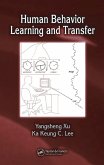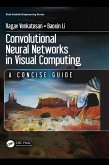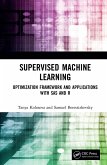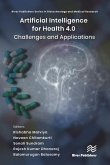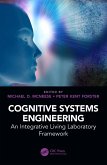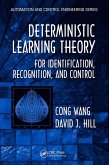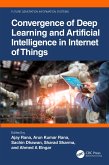Bridging the gap between human-computer engineering and control engineering, this book delineates how to abstract human action and reaction skills into computational models. The authors include methods for modeling human action and reaction behaviors and explore processes for evaluating, optimizing, and transferring human skills. They also cover modeling continuous and discontinuous human control strategy and discuss simulation studies and practical real-life situations. Written in an easily accessible style, the book includes in-depth discussions of a broad range of topics, providing the tools required to formalize human behaviors into algorithmic, machine-coded strategies.
Dieser Download kann aus rechtlichen Gründen nur mit Rechnungsadresse in A, B, BG, CY, CZ, D, DK, EW, E, FIN, F, GR, HR, H, IRL, I, LT, L, LR, M, NL, PL, P, R, S, SLO, SK ausgeliefert werden.



